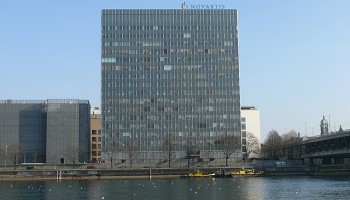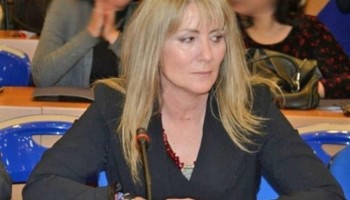Their efforts cost the US government millions of dollars and saw the price of the drug go from US$40 per vial to its current value of $39,000.
Meanwhile, a generic alternative to the drug remained at $800.
The company is Mallinckrodt and the drug is H.P. Acthar Gel. Although it was designed to treat infantile spasms, Mallinckrodt’s aggressive sales push which allegedly included bribes has seen the drug prescribed “off-label” for multiple sclerosis, rheumatoid arthritis, and other conditions.
Some of these uses are “unapproved, unsafe and potentially ineffective,” according to the lawsuit.
The documents detailing the extent of Mallinckrodt’s alleged bribery were unsealed in US Federal Court earlier this week. The drug last year represented 35 percent of Mallinckrodt’s $3.2 billion in sales.
In a statement to CNN, Mallinckrodt said it was in “advanced settlement talks” with the government, and added, "Mallinckrodt strongly disagrees with the substance of the complaint and the sensational characterization of the allegations."
Meanwhile, on Tuesday, another US drug manufacturer agreed to settle with the US government for $17.5 million dollars over allegations that it bribed patients and physicians to induce prescriptions of its drugs.
That company, US WorldMeds, substantially increased the price of Apokyn, a drug used to treat Parkinson’s disease. Some of that price increase was covered by Medicare, but the rest fell on the patients. The Justice department alleged that US WorldMeds illegally covered patient costs through a third-party foundation in order to keep them using the drug.
It also alleges that US WorldMeds bribed doctors--offering them private plane rides and excessive speaking fees--in order to induce prescriptions of the drug.





